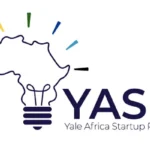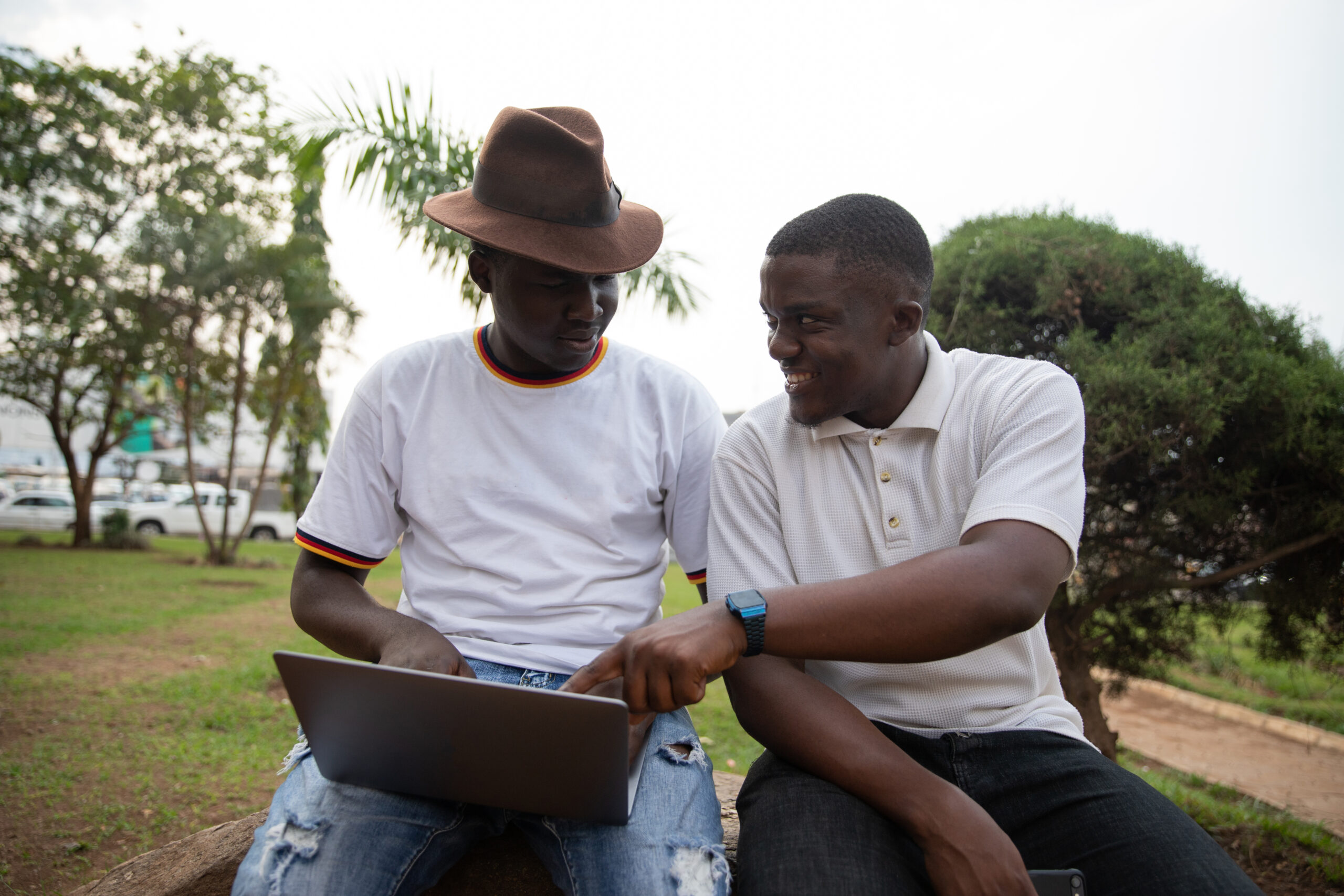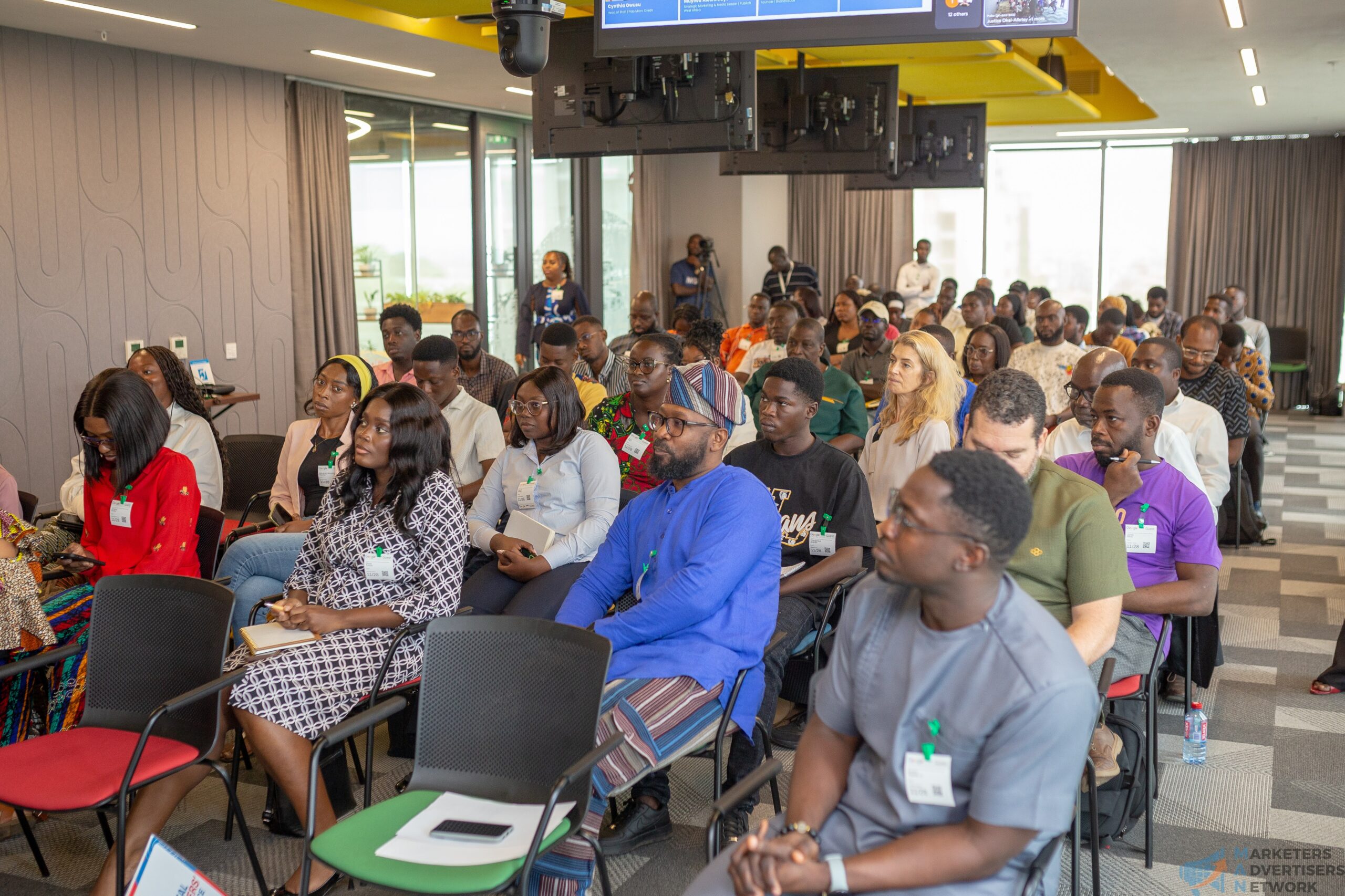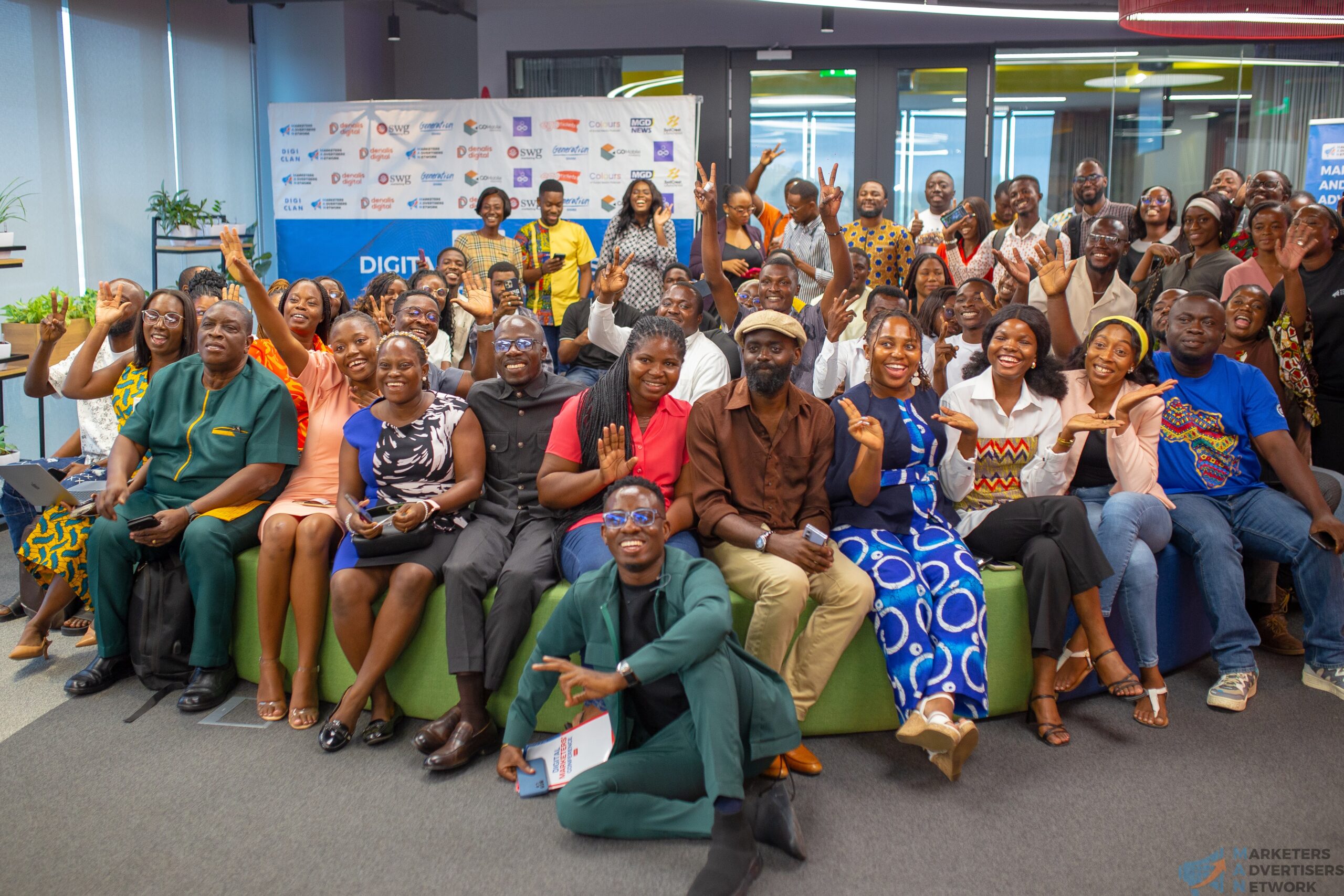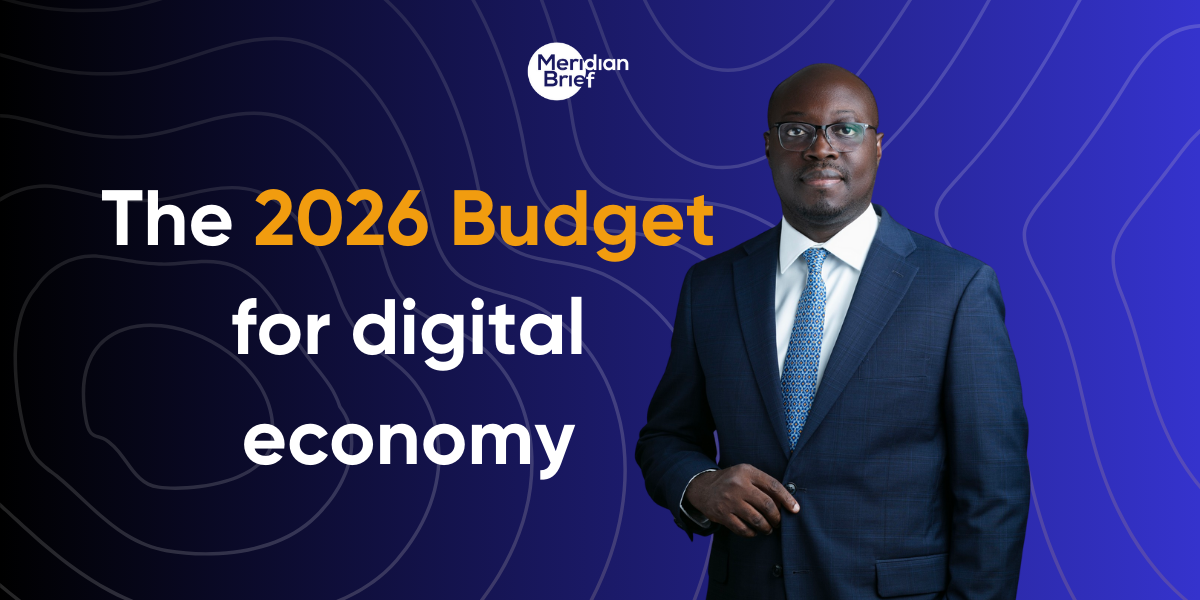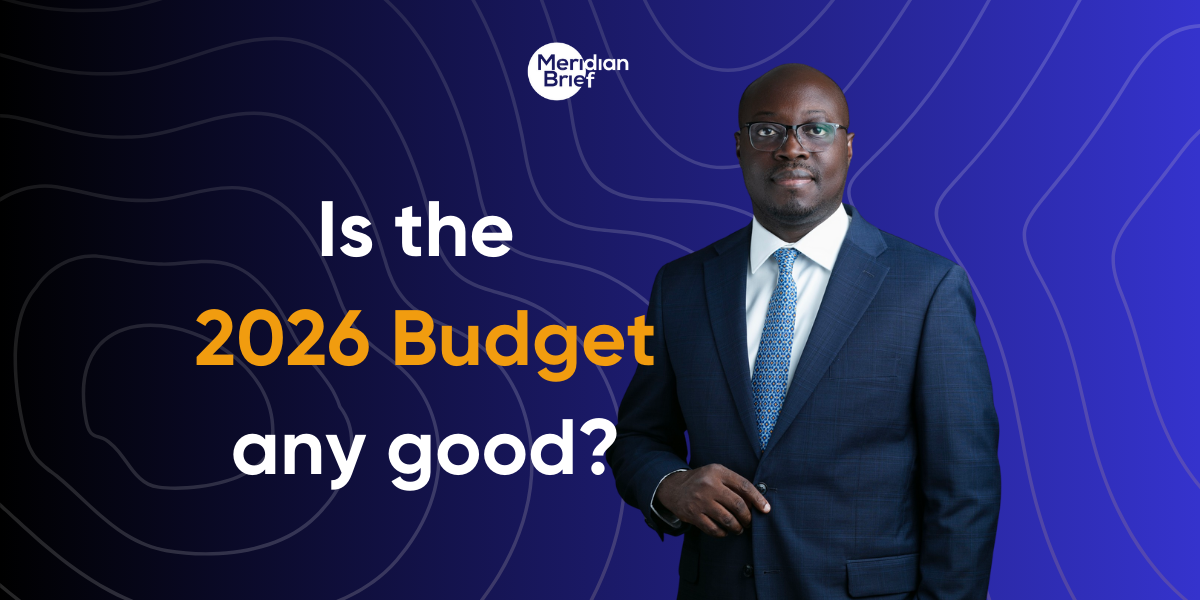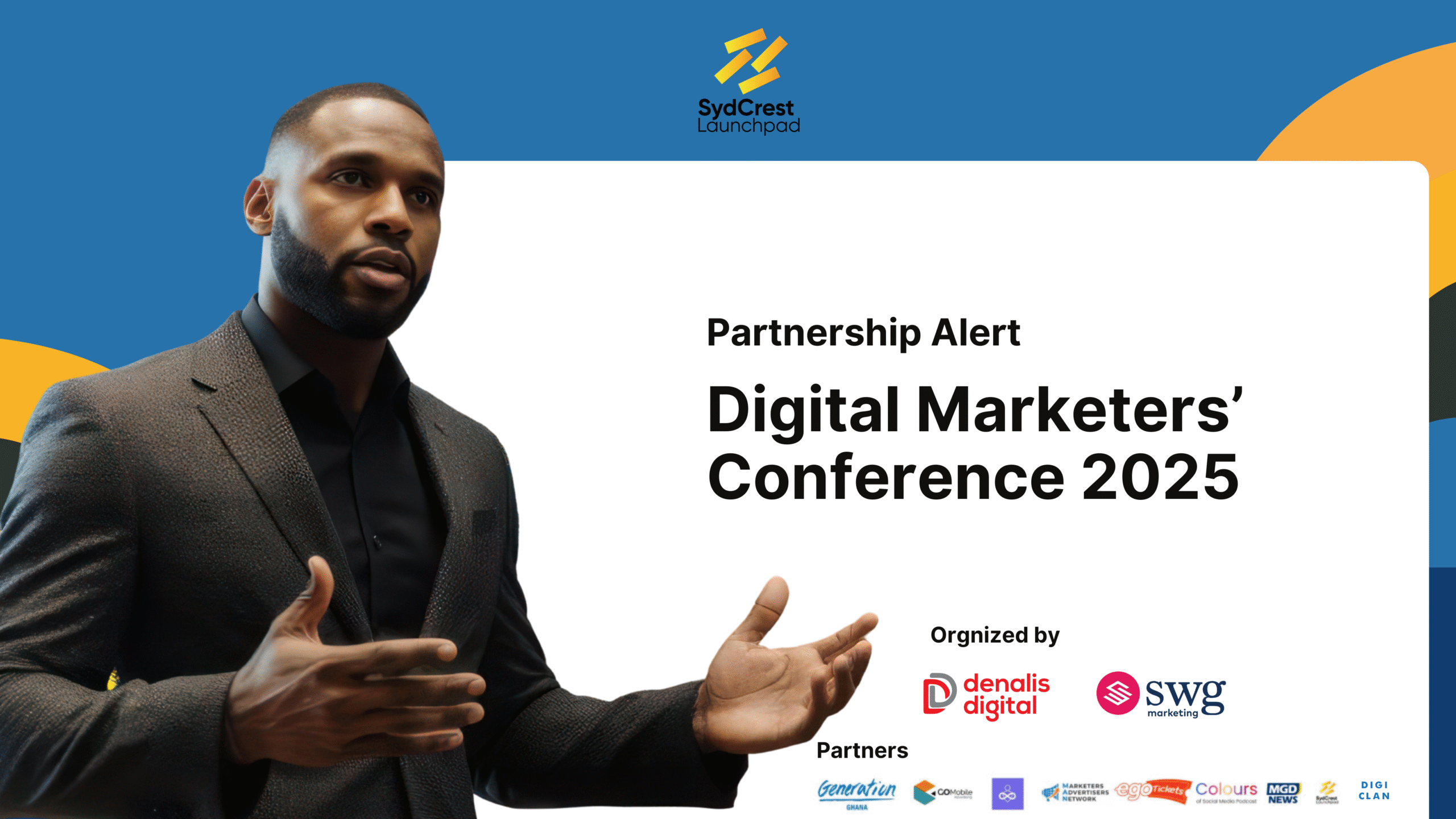three interlinked challenges demand urgent attention: the proliferation of misinformation—especially evident during the 2024 elections—exacerbated by limited tools for verification; persistently low levels of digital literacy, which leave large segments of the population ill-equipped to navigate online information; and an escalating array of cybersecurity threats targeting both individuals and institutions. At the same time, recent …
Challenges and Opportunities in Ghana’s Digital Media Space
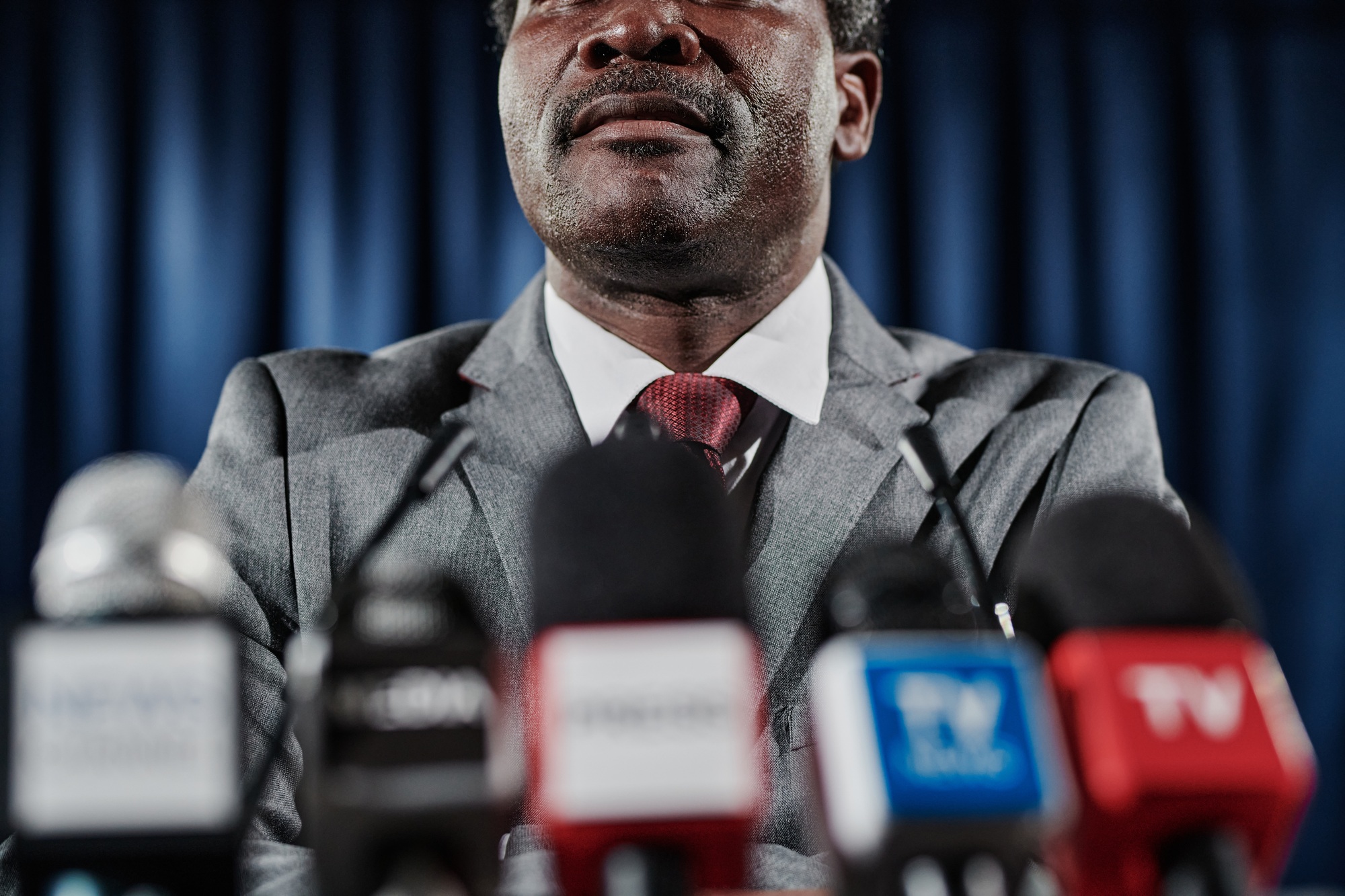
three interlinked challenges demand urgent attention: the proliferation of misinformation—especially evident during the 2024 elections—exacerbated by limited tools for verification; persistently low levels of digital literacy, which leave large segments of the population ill-equipped to navigate online information; and an escalating array of cybersecurity threats targeting both individuals and institutions. At the same time, recent policy interventions—most notably the launch of the Ghana Digital Economy Policy and Strategy—and rising internet penetration rates offer pathways to address these hurdles. By bolstering digital inclusion, promoting media literacy, and strengthening cyber defenses, Ghana can transform its digital media space into a secure, credible, and innovative ecosystem.
Hurdles in Ghana’s Digital Media Space
Misinformation and Disinformation
Misinformation surged during Ghana’s December 2024 general elections, with political actors exploiting social media to spread false claims and deepfakes. A global team of media forensic specialists was called upon to investigate suspected deepfakes, underscoring newsrooms’ lack of in-house verification capacity. Independent monitors reported that networks of fake social media accounts, likely powered by AI tools such as ChatGPT, were used to promote partisan narratives and malign opposition figures.
The Media Foundation for West Africa (MFWA) documented widespread disinformation, noting that political actors and certain media outlets deliberately circulated deceptive content to influence voter behavior. In response, UNESCO Ghana initiated regional trainings for journalists to improve their ability to identify and counter hate speech and election-related misinformation. Additionally, the Ghana Fact-checking Coalition—which includes FactSpace West Africa, Dubawa, and Fact-Check Ghana—has partnered with over 100 broadcasters to deploy AI tools and rapid response teams, achieving significant corrections of viral falsehoods.
Low Digital Literacy
Despite strides in connectivity, digital literacy remains uneven. A nationwide ICT household survey found that only 39.7 percent of individuals aged five and above knew what the internet is, and just 16.8 percent of households had internet access. Research in higher education settings reveals a substantial digital literacy skills gap, with undergraduates reporting insufficient training in essential ICT tools and competencies.
Digital health literacy studies among secondary school students further confirm that while more than 80 percent can navigate basic online platforms, only about 60 percent can reliably locate accurate, relevant health information. This deficiency hampers the public’s ability to distinguish credible sources from propaganda and limits the impact of online learning initiatives designed to bridge knowledge gaps.
Cybersecurity Risks
As Ghana embraces digital transformation, it faces mounting cybersecurity challenges. The INTERPOL African Cyberthreat Assessment Report highlights a surge in ransomware, business email compromises, and online scams across the continent, underscoring Ghana’s vulnerability to sophisticated cyberattacks
Local sectors have not been spared: the electricity supplier ECG suffered a major ransomware incident in 2023, disrupting operations and incurring significant losses (Top Tech Ghana, 2024). According to Techpoint Africa, Ghana recorded a 997 percent increase in data breaches in Q1 2024 compared to Q4 2023, totaling 1.2 million breaches and ranking Ghana ninth among African nations in breach volume. Netscout data indicate that Ghana led West Africa in both the frequency and diversity of cyber threats in the first half of 2024, with industries from telecommunications to finance targeted by DDoS campaigns
Despite these threats, Ghana achieved a Tier 1 ranking in the 2024 Global Cybersecurity Index—an acknowledgment of its robust policy framework and capacity-building efforts. However, experts caution that maintaining this leadership requires ongoing investment in cyber defense, public awareness, and cross-sector collaboration.
Opportunities and Innovative Solutions
Government Policy and Digital Inclusion
The Ghana Digital Economy Policy and Strategy, launched in November 2024, places digital inclusion and connectivity at its core, aiming to leverage technology for equitable economic growth, job creation, and efficient public services. Key initiatives include expanding a high-speed eGovernment network connecting 951 public institutions via 3,500 kilometers of fiber optic cables, thereby reducing the urban–rural connectivity divide.
Under the Ghana Rural Telephony and Digital Inclusion Project, 430 new telephony sites have extended mobile services to over 700,000 previously underserved citizens, illustrating the policy’s commitment to closing access gaps. Ministries also pledge targeted digital skills programs for women and students, recognizing that gender-inclusive policies are vital to holistic digital empowerment.
Growth of Digital Media and Advertising
Rising internet penetration—approximately 69.8 percent of Ghana’s 24 million population—has catalyzed a shift from traditional media to digital platforms, prompting advertisers to reallocate budgets toward social media, websites, and apps. Ghana ranks 15th out of 47 African countries for ICT use in the ITU’s 2024 ICT Development Index, benefiting from near-universal 3G and 4G coverage and multiple Tier III and Tier IV data centers supporting robust digital services.
Initiatives like the Ghana Digital & Innovation Week and the Ghana Internet Governance Forum provide forums for stakeholders to showcase solutions, from AI-driven fact-checking tools to blockchain-based content verification systems. These events foster partnerships that can drive innovation in content moderation, audience analytics, and secure digital transactions.
Strengthening Media Literacy and Fact-Checking
Combating misinformation requires not only technical tools but also an informed citizenry. UNESCO’s regional journalist trainings aim to embed media literacy in newsrooms, teaching reporters how to verify content and responsibly use social platforms. Civil society organizations like the Media Foundation for West Africa and the Ghana Fact-checking Coalition are scaling up community outreach, using local languages and grassroots networks to educate the public on discerning credible sources
Academic partnerships are developing curricula on media and information literacy (MIL), with pilot programs in senior high schools demonstrating improved critical evaluation skills among students when exposed to structured MIL courses.
Fortifying Ghana’s Cybersecurity Ecosystem
To sustain its Tier 1 GCI status and mitigate escalating cyber threats, Ghana has established the Cyber Security Authority (CSA) to centralize policy implementation and incident response. The recent National Cybersecurity Policy and Strategy prioritizes legal, technical, and organizational measures—such as mandatory incident reporting, regular security audits, and public–private partnerships—to build resilience.
Further, the integration of CERT-GH advisories and alerts helps organizations and individuals stay informed of emerging vulnerabilities, while capacity-building programs train IT professionals in advanced threat detection and ethical hacking techniques.
Conclusion
Ghana’s digital media space stands at a crossroads. The twin specters of rampant misinformation and cybersecurity threats underscore the urgency of fortifying media literacy and digital defenses. Simultaneously, the government’s Digital Economy Policy, rising connectivity, and dynamic private-sector innovations signal a path toward a more secure, inclusive, and vibrant digital ecosystem. By continuing to expand digital inclusion, invest in comprehensive media literacy programs, and strengthen cyber resilience, Ghana can transform its digital media landscape into a model of integrity and innovation—ensuring that hyperconnectivity empowers rather than undermines its democratic and economic aspirations.
Subscribe to MDBrief
Clean insights, a bit of sarcasm, and zero boring headlines.
